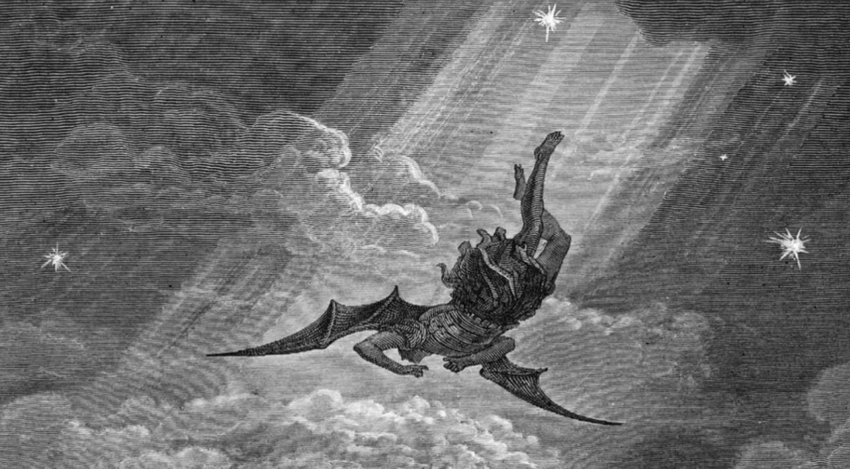Hubris & Pride are often used interchangeably, and though they are related concepts, they aren’t precisely the same.
Hubris derives from the ancient Greece word “hybris” (ὕβρις). In ancient Greek, “hybris” is indeed a form of pride. However, as Aristotle defined it, hubris is a transgression performed by the arrogant that causes a feeling of shame in the victim such as a sexual crime.
For example, in the Iliad, proud Agamemnon takes Chryseis, the daughter of the Trojan priest Chryses, as a prize after the sack of Lyrnessus. In his hubris, he gives no consideration to the girl’s feelings and to those of her father. Chryses, a priest of Apollo, tries to ransom the girl, but Agamemnon refuses, which results in Apollo sending a plague upon the Greek army. Agamemnon is thus forced to return Chryseis to end the plague.
The English word pride from the originates from the Old English word “prȳde,” meaning “bravery” or “pomp.” It’s an interesting association of ideas that brave warriors may ultimately become pompous warlords like Agamemnon who become guilty of hubris.
When the Greek monk (from Asia Minor) Evagrius Ponticus formulated the Seven Deadly Sins, he chose the Greek word ὑπερηφανία (hyperēphania), deriving from the Greek words “hyper” (above or beyond) and “phainomai”(appearance), which translates roughly as “gross overestimation of one’s values and abilities.”
When the Seven Deadly Sins were translated into Latin, the word “superbia” was chosen. Latin scholars considered this the sin of sins—the first and most demonic of sins, and the sin that compelled the angel Lucifer to rebel against God and his creation.
In Christian theology, Lucifer, whose name means “Light Bringer,” was the most beautiful and powerful angel until his pride prompted him to revolt. In Milton’s Paradise Lost, he makes the flippant statement, “Better to reign in Hell than serve in Heaven.”
In much of our ruling class—from the great IT companies of Silicon Valley to the labs of Cambridge, Massachusetts to the foreign policy “Think Tanks” of Washington, we see innumerable examples of talented and intelligent men and women who have—partly as a result of their undeniable success—gotten into the pernicious habit of grossly overestimating their value and abilities.
In our new book, Vaccines: Mythology, Ideology, and Reality, we examine the history of the development of synthetic, mRNA and its reckless and hasty misapplication to producing gene therapy shots to immunize against a respiratory viral infection. This took us into a thorough examination of the related concepts of hubris and pride. As we note:
An apt example of the “Scientist Playing God” is the already mentioned Eldon Tyrrell in the 1982 science fiction film, Blade Runner. Risa Peoples, the daughter of screenwriter David Webb Peoples, was studying microbiology and taught her father about DNA replication. Tyrrell, whom the lead android playfully calls “Maker” and “Father,” references this in his explanation of how the lead android, Roy Batty, was created. The code of life consists of the trinity of replication, transcription, and translation. Replication creates identical DNA strands; transcription converts DNA into messenger RNA (mRNA); translation decodes mRNA into amino acids, forming proteins essential for life functions. While this is an endlessly fascinating field, the practical applications of it are still in their infancy. Anyone who claims that all potential outcomes of this experiment were understood is either delusional or lying or both.
Click this link for the original source of this article.
Author: John Leake
This content is courtesy of, and owned and copyrighted by, https://petermcculloughmd.substack.com and its author. This content is made available by use of the public RSS feed offered by the host site and is used for educational purposes only. If you are the author or represent the host site and would like this content removed now and in the future, please contact USSANews.com using the email address in the Contact page found in the website menu.










